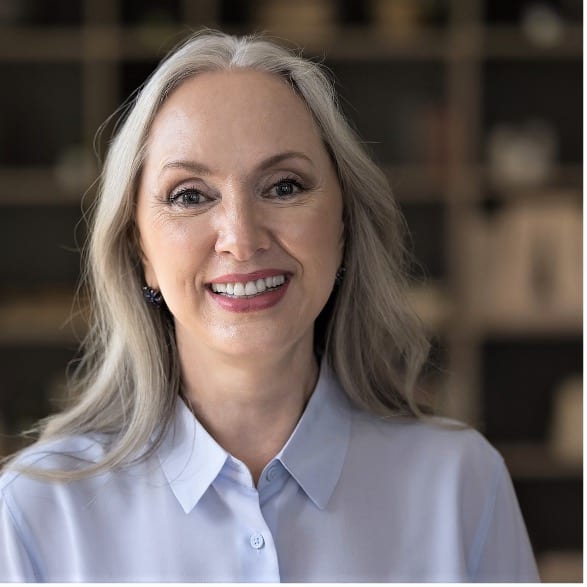Support groups are known to be one of the keys to successful recovery from drug and alcohol addiction. Active participation and involvement in these groups can be linked to higher chances of attaining and maintaining long term sobriety. Participation includes open and heartfelt sharing amongst members about their own personal journeys and what strategies have worked for them in living a content, sober life.
What are addiction support groups?
Recovery from drug and alcohol addiction does not happen overnight. Depending on the severity of the addiction, a person may require medically supervised detox in a treatment facility. This is in an aim to stop the compulsion to depend on the mind and state-altering substances used to either escape from or deal with challenges in life. Recovery continues to happen even after the patient has completed an inpatient program. In fact, it may be considered the most critical time because the recovering addict is thrust back into their environment and they need a way to be able to handle all the possible stressors or situations that may come their way.
Once a person has stopped using drugs, they are still not considered “cured”. Long term support is still needed on a regular basis in order to fully recover from the addiction. There are several different options for support groups available for recovery from alcohol and drug addiction. What is important for the recovering addict is to find the one that they feel comfortable with and commit to participating in the group as part of their long-term recovery.
How do support groups work?
Joining a support group can go one of two ways at first. A new member may find it difficult to talk about their problems when they previously felt that they were dealing with them all alone. However, it is hoped that they feel a sense of connection with other people who truly understand what they have been through and continue going through. All this is done in a supportive and non-judgmental environment where everybody is free to share their own experiences while learning what has worked for others in similar situations.
Once the alcohol or drugs have worn out of the individual’s system, many times, a sense of isolation is felt. This can be quite risky and may lead the recovering addict to find comfort and company in their old habits. Participation in support groups can greatly reduce any sense of isolation a recovering addict may be experiencing. These groups also allow members to witness the progress and growth of people around them. Members of a support group may offer encouragement as one progresses and are best placed to point out things other members are doing that may be setting them up for relapse based on their collective experiences.
Different people need different types of support groups. Groups may either be based on a self-help philosophy or peer support. Depending on what new members require once they are sober, they will need to choose what works best for them. The general advice is that if members find that one support group does not work for them, they should not give up but instead keep looking until they find one that does.
Types of Addiction Support Groups
12-step addiction support groups are some of the most well-known groups and have been recommended by professionals for years. The principles used in these 12-step programs are so effective that they are used for recovery from other addictions other than drugs and alcohol, such as gambling or overeating. The core principle of a 12-step program is the admission of powerlessness. After this, members turn to a power greater than themselves for help. Some may interpret this in a religious way but others consider the group itself to be a higher power. Examples of these 12-step groups include:
- Alcoholics Anonymous
- Narcotics Anonymous
- Cocaine Anonymous
- Crystal Meth Anonymous
- Dual Recovery Anonymous (for those with chemical dependency issues as well as psychiatric illness)
However, there are many more groups than those listed above. In fact, you may say that there are as many groups as there are addictive substances.
Some of the groups are for the recovering addicts themselves, some are for the families of addicts, and others are for loved ones that were left behind after the accidental overdose of an addict. Groups are categorized based on the particular drug used, the geography of the recovering addicts, profession or even other types of addiction such as sex, gambling, internet, or shopping.
Other than the conventional 12-step programs, there are several others to choose from. These include:
- SMART Recovery – This is a program based on abstinence that provides tools to help individuals challenge defeating thoughts in order to recover from their addiction.
- Secular Organizations for Sobriety (SOS) – These use rational thought and encourage people to take responsibility for their recovery.
- Women for Sobriety – This program encourages and empowers women to change their thought process as well as grow spiritually and emotionally to recover from addiction.
What if there are no support groups in your area?
Some situations arise where recovering addicts live in a geographically remote area or cannot physically get to a meeting. They may also prefer to remain even more anonymous. What happens in such cases? There are internet and phone support groups that cater to such scenarios. These include:
- Online message boards – These give members a platform to share comments in individual posts, such as posting a message on a regular bulletin board. People get to say whatever is on their mind and others can respond to their post to offer support or leave thoughts on the topic. However, real-time back-and-forth is prohibited.
- Online chat groups – These can be based on the 12-step groups and allow you to have conversations with other members of the group. All you need to do is register for the particular website offering the chats and select whichever is right for you.
- Phone support group – You can think of this as a large conference call where you dial a number reserved for particular conversations.
Whatever program you choose is up to you. What is certain is the social support that can play not just in the addiction recovery process but in the prevention of a relapse.





